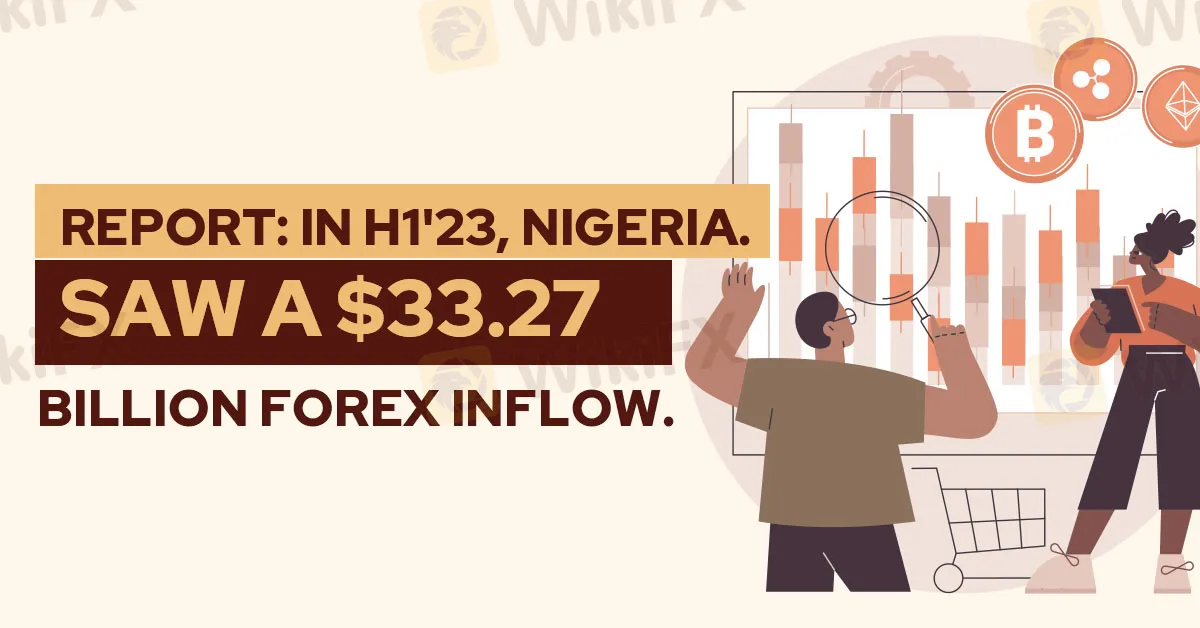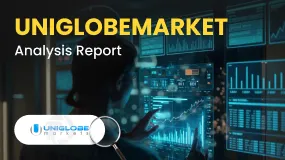Abstract:According to a recent report by the Central Bank of Nigeria (CBN), the total amount of foreign exchange input into the economy between January and June of this year was $33.27 billion.

According to a recent report by the Central Bank of Nigeria (CBN), the total amount of foreign exchange input into the economy between January and June of this year was $33.27 billion.
Nonetheless, the sum is $4.21 billion, or 11.23%, less than the $37.48 billion reported during the same period in 2022.
The $16.09 billion forex inflow in the second quarter of this year, compared with $17.18 billion and $19.86 billion in the corresponding period of last year, respectively, according to New Telegraph's analysis of the economic report for Q2'23, which was recently released by the apex bank.
According to the report, there was an increase in net inflow during the second quarter of 2023 as a result of FX movements through the economy. The economy's net inflow of foreign exchange rose from $7.20 billion to $8.69 billion, a 20.6 percent gain. Similar to this, net inflow from autonomous sources increased to $9.64 billion from $8.89 billion in the previous quarter. However, the Bank reported a net outflow of $0.96 billion as opposed to a net outflow of $1.69 billion in the previous quarter.
The economy's inflow of FX decreased 6.3% in Q1'23, from $17.18 billion to $16.09 billion. The Bank's inflow of foreign currency decreased to $5.41 billion from $7.17 billion in the previous quarter.
However, the amount of foreign exchange received from independent sources rose to $10.68 billion from $10.01 billion in the previous quarter. Compared to $9.98 billion in Q1'23, the economy's outflow of foreign exchange dropped by 25.8% to $7.40 billion. The amount that was sent through the Bank fell to $6.37 billion from $8.86 billion in the previous quarter, a fall of 28.1%. In a same vein, autonomous outflow decreased from $1.12 billion in the previous quarter to $1.04 billion, a 7.4% decline.
Foreign cash inflow into Nigeria has decreased over the past few years as a result of both the departure of foreign portfolio investors and subpar oil output, which accounts for over 80% of the nation's foreign exchange profits.
For example, data from the CBN reveals that the amount of foreign exchange input into the economy decreased from $94.87 billion to $69.54 billion in 2022, a decrease of $25.33 billion or 26.69 percent.
Wale Edun, the Minister of Finance and Coordinating Minister of Economy, stated at a conference on November 16 that rising inflation in Western nations has forced interest rates to rise, which has discouraged international investors from increasing Nigeria's foreign direct investment.
He stated that the government may look to the corporate sector for investments and solutions due to the lack of investor interest in Nigeria.
“The funding is not available internationally and the government does not have it,” Edun stated. They need to keep interest rates high, tighten the money supply, and refrain from offering development funding at the necessary level since they are uninterested and have inflation in the West to contend with.
When we discuss investment and luring capital into the economy, we are discussing much more than just what the multilateral organizations might be able to provide. We are also talking about foreign direct investment, private investment, and domestic investors.
He pointed out that although Nigeria's economy has become more diverse, the country's foreign exchange earnings have not increased as oil has remained the main source of income.
As to his statement, the economy is becoming more diversified due to the growing contribution of other sectors. Our foreign exchange revenue source, however, is not diversified. Hence, from all those industries—manufacturing, transportation, and telecommunications—there aren't enough savings or foreign exchange profits to provide us with the positive trade balance that we require.
“In order to have foreign exchange earnings to stabilize the currency and other uses, our export earnings must exceed our import expenditures.”
Strong corporate governance, in his opinion, is essential for the nation since it boosts investor confidence, facilitates capital access, encourages risk management, and fosters efficiency and innovation.










